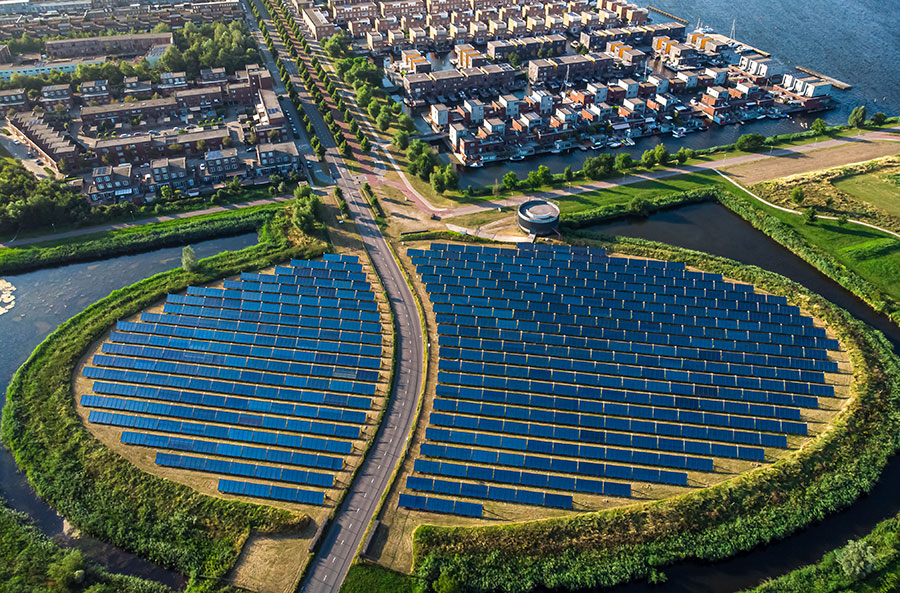Definition
Planning focuses on the design and regulation of the uses of space to support physical form changes, economic functions, and social connections at both community and regional levels (Fainstein, 2016). Planning requires a holistic approach for coordinating resources to ensure the health, safety, and economic well-being of people. Effective planning considers the master plan of community and regional developments, engages all stakeholders in community-based decision-making, and supports long-term community development (American Planning Association, 2018).
Subdisciplines
The major branches of planning include urban, rural, regional, environmental, transportation, and social planning, as well as economic and community development.
In Practice
Planning predominantly examines the land use of human settlements, such as community housing, infrastructure systems, transportation systems, and social structures. It also considers resources such as water use, agricultural land use, and governmental zoning. Planning professionals often work in government planning and policy development, as well as with building codes (McGill School of Urban Planning, 2007).
In Disaster Research
Hazard mitigation planning and recovery research efforts focus on policies, strategies, and other community initiatives to raise awareness of risks. Such efforts also seek to improve and support community pre-disaster preparedness, disaster emergency response, short-term reconstruction, long-term recovery, resilience, and sustainability in the context of both natural and human-caused hazards (American Planning Association, 2018).
References
American Planning Association. (2018). What Is Planning? Retrieved August 21, 2018, from https://www.planning.org/educators/whatisplanning/
Fainstein, S. S. (2016). Urban planning. In Encyclopædia Britannica online. Retrieved August 21, 2018, from https://www.britannica.com/topic/urban-planning
McGill School of Urban Planning. (2007). What is urban planning? Retrieved August 21, 2018, from https://web.archive.org/web/20080108061506/https://mcgill.ca/urbanplanning/planning


